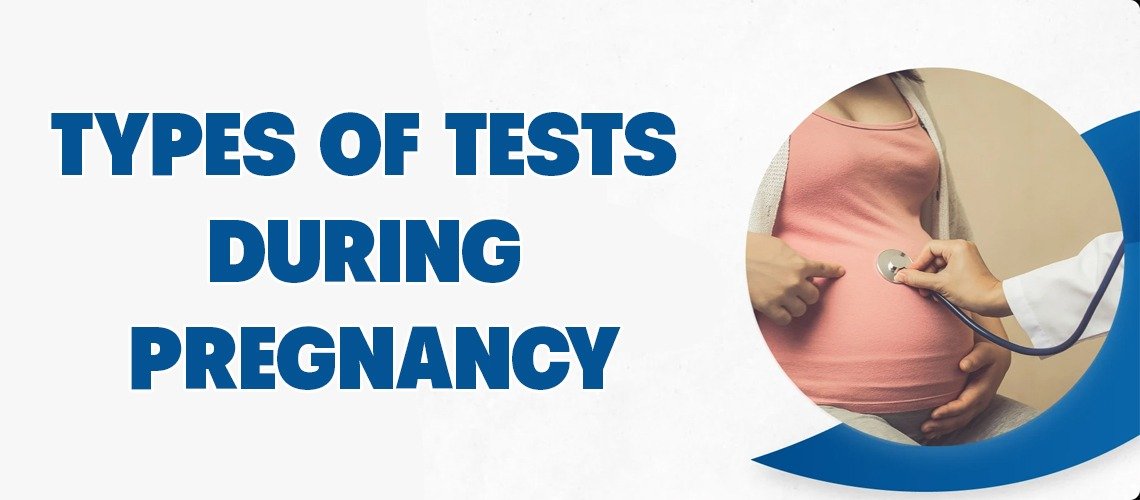Types of tests during Pregnancy
There are various types of tests during Pregnancy to confirm the pregnancy and monitor fetal development. Alongside these, optional tests are available to assess potential conditions affecting the pregnancy. Regular check-ups with healthcare providers are essential to guide individuals through the necessary tests for maternal and fetal well-being.
Tests for confirming pregnancy primarily detect the presence of human chorionic gonadotropin (βhCG), a pregnancy hormone. These tests include home test kits, urine tests at medical facilities, and blood tests, all aimed at accurately confirming pregnancy.
Throughout pregnancy, routine prenatal tests monitor the health of both mother and baby. These encompass maternal health screening blood tests and ultrasound scans conducted at different trimesters. These scans assess fetal development, determine due dates, and identify potential complications.
Optional tests for specific medical conditions are available for those concerned about genetic or chromosomal disorders. These tests, including screenings for Down syndrome and neural tube defects, involve discussions with healthcare providers to assess risks and benefits.
Differentiating between screening and diagnostic tests is crucial in prenatal care. Screening tests assess the probability of a baby having a specific health issue but cannot confirm it definitively. On the other hand, diagnostic tests offer conclusive results. Routine screening tests, such as first-trimester combined screening and second-trimester maternal serum screening, help estimate risks, while diagnostic procedures like chorionic villus sampling (CVS) and amniocentesis provide definitive answers.
The choice of tests depends on individual circumstances and preferences. Healthcare providers play a crucial role in guiding individuals through available options, ensuring informed decision-making and comprehensive prenatal care.
Making decisions about types of tests during Pregnancy
Approximately one out of every 20 women is informed of a potential complication during her pregnancy. Since screening tests cannot offer conclusive information, many women with increased-chance results may ultimately have a normal pregnancy.
The decision to pursue further tests to confirm the presence of a condition lies with the woman and her family, following discussions with healthcare providers.
Diagnostic tests may be warranted for various reasons. For instance, if a diagnostic test confirms the existence of a medical condition:
Certain abnormalities may be surgically addressed while the baby is still in the womb.
Specialist care may be necessary for the woman and her baby before, during, and after childbirth.
Advance knowledge of a baby’s condition may allow the family to prepare adequately.
Depending on the condition revealed by diagnostic testing, some women or families may opt not to continue the pregnancy and instead choose to terminate it.

